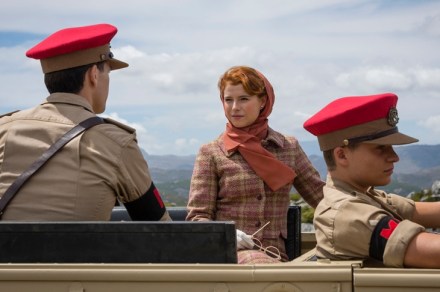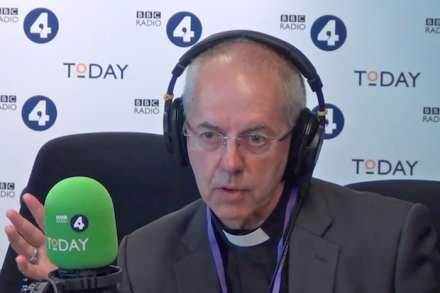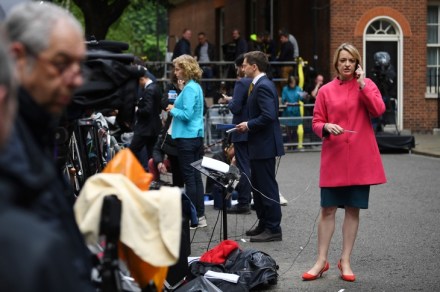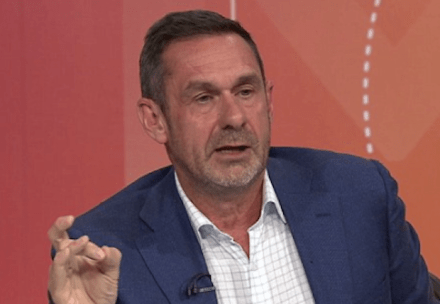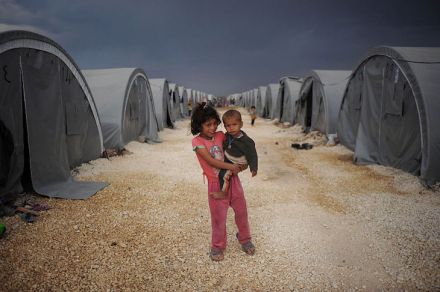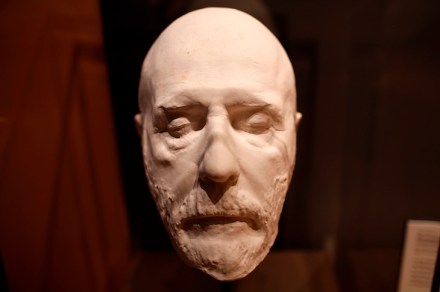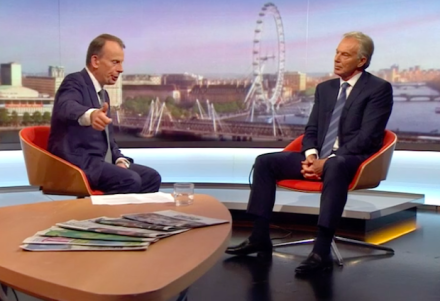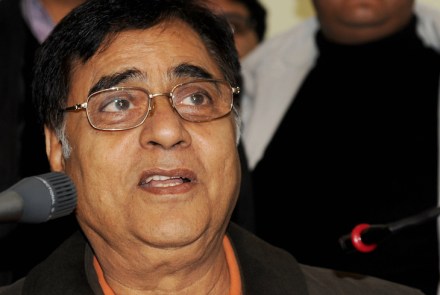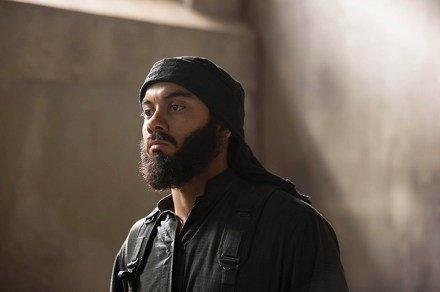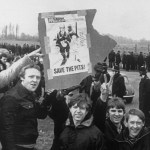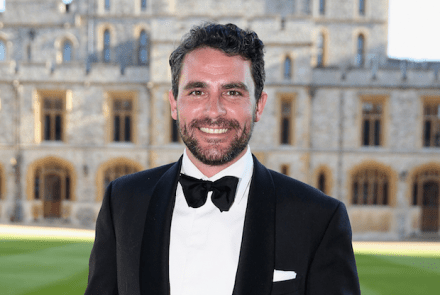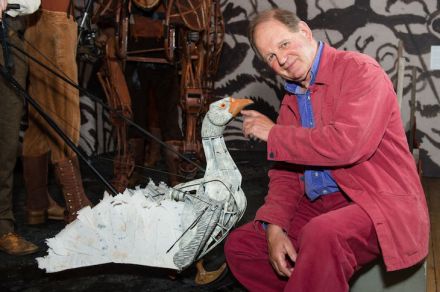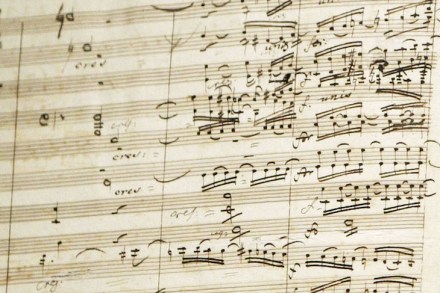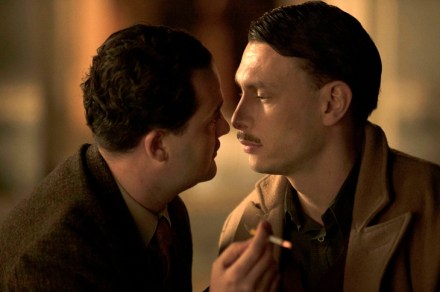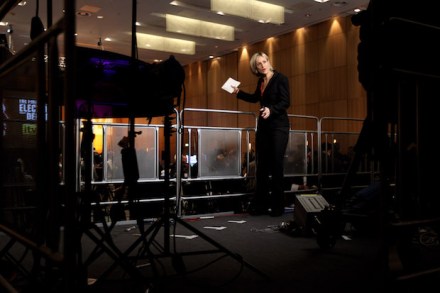Blame the grown-ups for the safe-space tribe
A car driver ploughs into a bunch of people outside the Natural History Museum in London and lefties are furious mostly because the right-wing columnist Katie Hopkins thought it was another jihadi attack. For thinking this she is a racist bigot and consummately evil — despite the fact that I suspect most Londoners thought precisely the same as Hopkins when they heard the news. We are in the bizarre situation where horrible incidents not perpetrated by Muslims are gleefully welcomed by the lefties because they believe it adds grist to their idiotic mill: other people are capable of driving cars into pedestrians, you see, so it is racist to suggest



